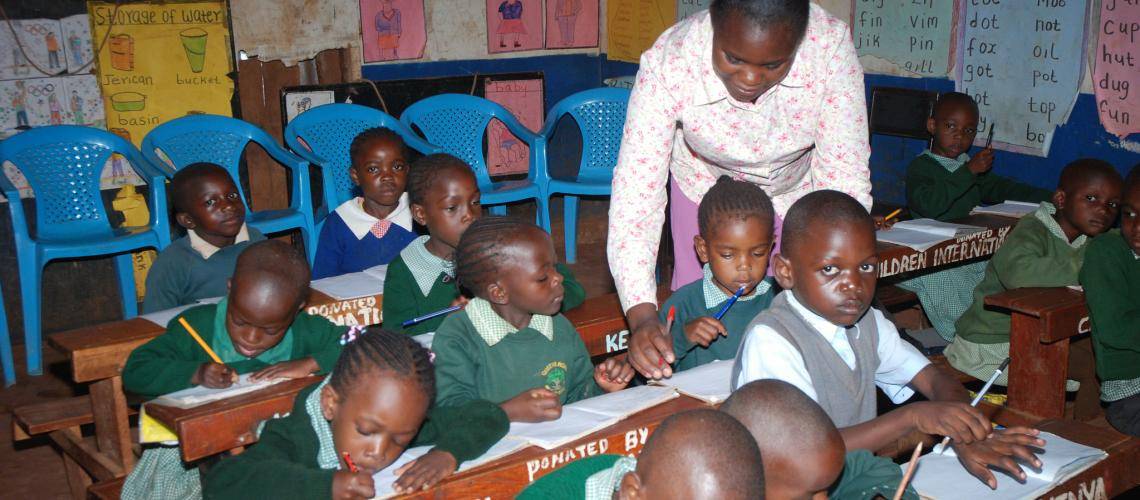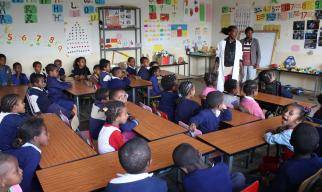Quality early childhood education (ECE) can improve school readiness, positively influence learning outcomes, and increase school completion rates at primary and secondary levels. Pre-primary education offers a powerful opportunity to break intergenerational cycles of inequity linked to gender inequalities, poverty, and disability. Across Africa, access to ECE continues to increase. However, challenges with quality and equitable access still exist. One of the quality challenges is the effective delivery of content through play-based approaches. While governments have committed to implement learning through play in national policies and ECE standard guidelines, challenges exist on how best to support teachers and other stakeholders to facilitate this approach. The project seeks to generate evidence that could inform adoption and scale up of play-based approaches by addressing gaps in curriculum content and teaching styles to promote smooth transition to primary school.
The research will be anchored on a model known as Tayari, a cost-effective and scalable ECE model that has been proven to promote school readiness. The Tayari model is amenable to incorporation of play-based approaches as it builds on existing pedagogical styles and has been well received by policy stakeholders and implementers at national and subnational levels. This research will incorporate learning through play approaches into teacher capacity building programmes in Kenya, the Gambia and Nigeria while generating knowledge on innovations that build the capacity of teachers to implement play-based approaches within pre-primary schools in the three countries. The research aims at transforming harmful perceptions of power-relations and gender norms through play-based approaches while promoting equitable access/provision of learning opportunities for all including vulnerable groups particularly children with special needs and those living in extreme socio-economic deprivation.
The consortium of institutions that will undertake this project include the Africa Early Childhood Network (AfECN) as the lead while the African Population and Health Research Center (APHRC) and UNICEF as consortium partners.
This project is one of the five projects selected through a Global Partnership for Education Knowledge and Innovations Exchange Call for Proposals for early learning in East, West, and Southern Africa: Generating and mobilizing innovative knowledge for regional education challenges and was selected based on an independent assessment panel's recommendation.


